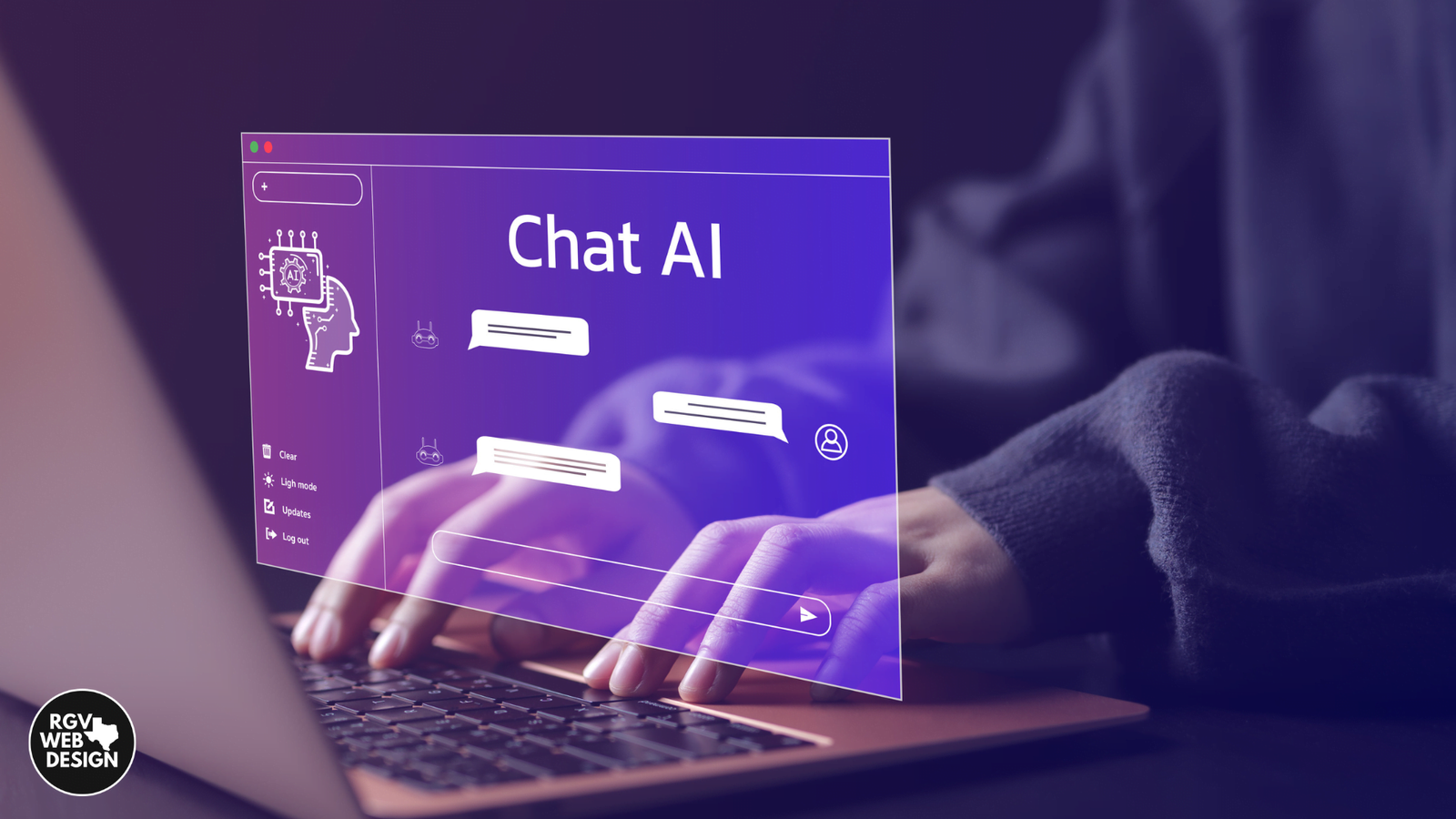Artificial intelligence (AI) continues to evolve at a rapid pace, bringing groundbreaking innovations and raising important questions about its role in society. From revolutionary applications to ethical considerations, the world of AI is bustling with developments that could reshape industries and daily life. Here’s a roundup of the latest news on AI, providing insights into its advancements and implications.
Breakthroughs in AI Technology
GPT-4 and Beyond
OpenAI has recently launched GPT-4, the latest iteration of its Generative Pre-trained Transformer models. GPT-4 promises significant improvements over its predecessors in terms of natural language understanding and generation. This advancement is expected to enhance various applications, including chatbots, content creation, and language translation.
Key Features of GPT-4:
- Improved contextual understanding.
- Enhanced ability to generate human-like text.
- Better handling of ambiguous or complex queries.
AI in Healthcare: Revolutionary Diagnoses
AI is making significant strides in healthcare, particularly in diagnostics and treatment planning. Recent developments include AI algorithms capable of diagnosing diseases such as cancer and heart conditions with remarkable accuracy. For instance, Google’s DeepMind has developed an AI system that can detect over 50 eye diseases as accurately as leading experts.
Impact on Healthcare:
- Faster and more accurate diagnoses.
- Personalized treatment plans.
- Reduced burden on healthcare professionals.
Autonomous Vehicles: A Step Closer to Reality
The race to develop fully autonomous vehicles has seen notable progress. Companies like Tesla, Waymo, and Uber are testing self-driving cars with advanced AI systems. Recent trials have shown improvements in the AI’s ability to navigate complex urban environments and handle unexpected obstacles.
Advantages of Autonomous Vehicles:
- Increased road safety by reducing human error.
- Enhanced mobility for individuals unable to drive.
- Potential reduction in traffic congestion.
AI Applications Across Industries
Finance: AI-Driven Decision Making
AI is transforming the finance industry by automating complex decision-making processes. Machine learning algorithms analyze vast amounts of financial data to provide insights for trading, risk management, and fraud detection. Companies like JP Morgan and Goldman Sachs are heavily investing in AI technologies to stay ahead in the competitive market.
Benefits for Finance:
- Improved accuracy in financial predictions.
- Enhanced security through fraud detection.
- Streamlined operations and cost savings.
Retail: Personalized Shopping Experiences
In the retail sector, AI is enhancing customer experiences through personalized recommendations and automated customer service. E-commerce giants like Amazon and Alibaba use AI to analyze customer behavior and tailor product suggestions, increasing sales and customer satisfaction.
AI in Retail:
- Personalized product recommendations.
- Improved inventory management.
- Enhanced customer service through chatbots.
Education: AI-Enhanced Learning
AI is making waves in education by providing personalized learning experiences and automating administrative tasks. AI-driven platforms can adapt to individual students’ learning styles and pace, offering customized content and assessments. Educational institutions are also using AI to streamline administrative processes, reducing the workload for educators.
Transformative Effects in Education:
- Personalized learning paths.
- Automated grading and feedback.
- Enhanced resource management.
Ethical Considerations and Challenges
Bias and Fairness
As AI systems become more prevalent, concerns about bias and fairness have come to the forefront. AI algorithms can inadvertently perpetuate existing biases present in the data they are trained on. Efforts are being made to develop frameworks and guidelines to ensure AI fairness and mitigate bias.
Steps Towards Fair AI:
- Implementing diverse and representative training datasets.
- Regularly auditing AI systems for bias.
- Developing transparent AI algorithms.
Privacy and Security
The increasing use of AI raises significant privacy and security concerns. AI systems often require vast amounts of data, including personal information, to function effectively. Ensuring the security of this data and protecting user privacy are paramount.
Addressing Privacy Concerns:
- Strengthening data protection regulations.
- Implementing robust cybersecurity measures.
- Promoting transparency in data usage.
Job Displacement and Economic Impact
The automation capabilities of AI pose a threat to certain job sectors, potentially leading to job displacement. However, AI also creates new opportunities and can augment human capabilities, leading to more productive and innovative work environments.
Balancing Automation and Employment:
- Investing in workforce retraining programs.
- Encouraging the development of new industries and job roles.
- Promoting collaboration between AI and human workers.
Resources
- OpenAI – GPT-4 Release Notes
- Google DeepMind
- Tesla – Autopilot and Full Self-Driving Capability
- JP Morgan AI
- Amazon AI
Conclusion
The advancements in AI technology are reshaping various aspects of our lives, offering incredible benefits while also posing significant challenges. Staying informed about the latest developments and understanding the implications of AI is crucial for navigating this rapidly evolving landscape. Businesses and individuals alike must adapt to leverage the power of AI responsibly and ethically.
For more insights and professional guidance on leveraging AI in your business, contact RGV Web Design LLC at 956-800-4948, email us at info@rgvwebsitedesign.com, or visit our website at rgvwebsitedesign.com. Our office is located at 813 N Main St Ste 102, McAllen, Texas 78501.


